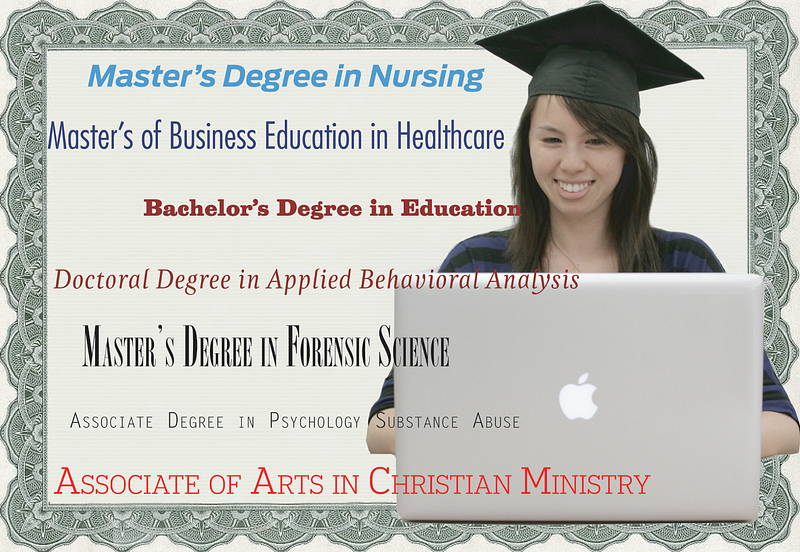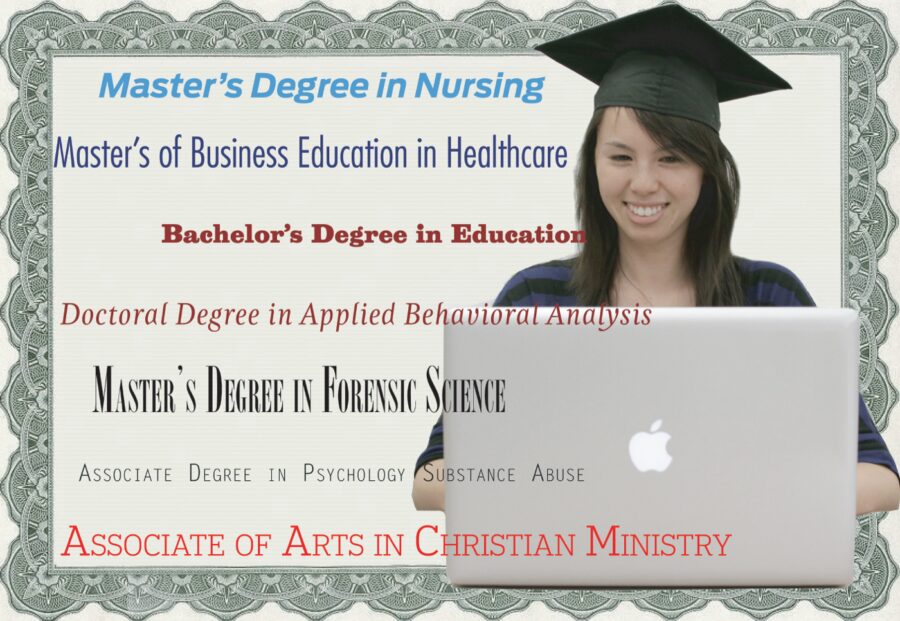The Price of a College Education
IN RESPONSE TO: “How can the ticket to achieving the American dream cost so much?”

by Albert Serna Jr
Although I agree with Senator Schumer that America needs a solution to the crushing debt accumulated in higher education by students, hoping won’t solve the problem. Action needs to be taken immediately, and the problem with student loan debt needs to be handled preemptively.
To help crush student debt, there needs to be an understanding of why and how the debt was created. First, there are many colleges that are not only excellent in academics, but in name as well. What I mean is, the reputation of a college is part of what brings students in. Because of that name — and of course academics — the college knows students who get accepted are more than willing to pay the price. For example, Brown University.
It is estimated that a full academic year for a full-time student averages to a total of around $65,380. Of course there is some financial aide and scholarships to those who qualify, but what about the others?
To clarify a little, if a student does not receive any financial aide or scholarships, the total estimated cost of four years at Brown University comes to around $261,520. Imagine walking off the podium after graduating with the weight of that loan, terrifying isn’t it?
Even more horrifying than the loan itself is the idea of for-profit colleges.
These colleges are, by definition, in it for the money. Because of this, they are out there promoting their schools in hopes of drawing in more students and thus making higher profits. Of course when students cannot afford the price of admission, they readily offer “financial aid” in the form of student loans. In fact, this has been an issue with some for-profit institutions who mislead students in order to drive higher enrollment. In 2012, Senator Tom Harkin (D-IA) of the U.S. Senate Committee on Health, Education, Labor & Pensions reported, “widespread problems throughout the sector.”
According to findings by the committee:
“Internal documents, interviews with former employees, and GAO undercover recordings demonstrate that many companies train recruiters in tactics of emotional exploitation in order to get prospective students to enroll. Some companies have also been using tactics that mislead prospective students with regard to the cost of the program, the time to complete the program, the completion rates of other students, the success of other students at finding jobs, the transferability of the credit, or the reputation and accreditation of the school.”
Further, the committee found that although students were accumulating debt at these institutions, a large portion are not earning degrees. According to the report, “for students who enrolled in 2008–09, more than half withdrew by mid-2010.” Shocking still is the fact that in regards to associate degrees, approximately 62 percent of two-year students did not earn a degree.
The best way to fight these vicious tactics to to strictly regulate for-profit institutions, or abolish them all together. There is not much to say in that regard because what are the other options? They are private institutions run by corporations that are more concerned with shareholders than the financial wellbeing of the students they lure into debt.
But what are the possible solutions to the horrifying price of public education? Taxes.
One of the few things most people can agree on is that taxes suck. That is unless you fall into the 0.1 percent of the American population that holds almost as much wealth as the bottom 90 percent.
According to Bankrate.com, the richest of Americans received an average tax cut of roughly $66,384 in 2011, while those in the bottom 20 percent of the population only received an average of $107. The tax break for the rich is more than enough for one full year at Brown University, compared to the measly $107 that will get you an iPhone 4s with change left over for a drink at Starbucks. However, taxing the rich is a potential lifesaver for students entering college.
Recently, Democratic presidential nominee and independent Senator of Vermont Bernie Sanders, has used a so-called Robin Hood tax as part of his platform. His plan would include a Wall Street speculation fee on things such as hedge funds, stock trades and derivatives. According to Sanders, these taxes could generate not only billions of dollars a year to help make public education free, it would also help “create millions of jobs and rebuild the middle class of this country.”
Isn’t that what we need right now, especially at a time when college graduates are being expected to work for little to nothing to start? At a time where graduates are being offered unpaid internships, and are expected to have X amount of experience for an entry level position.
But let’s be real Senator Schumer, even if Sanders is elected, Congress would be hard pressed to pass tax hikes and fees on Wall Street — especially with a GOP dominated House and Senate. And because so many pockets are lined by the revenue generated by for-profit colleges, no one will dare to speak out against them.
So what else is there; what are the other options to help students escape universities without drowning in debt? To be honest, I don’t know. I’m just a college student preparing for the inevitable debt that proceeds graduation. I can only hope that you and others elected by my generation — the college generation — take action sooner rather than later.







